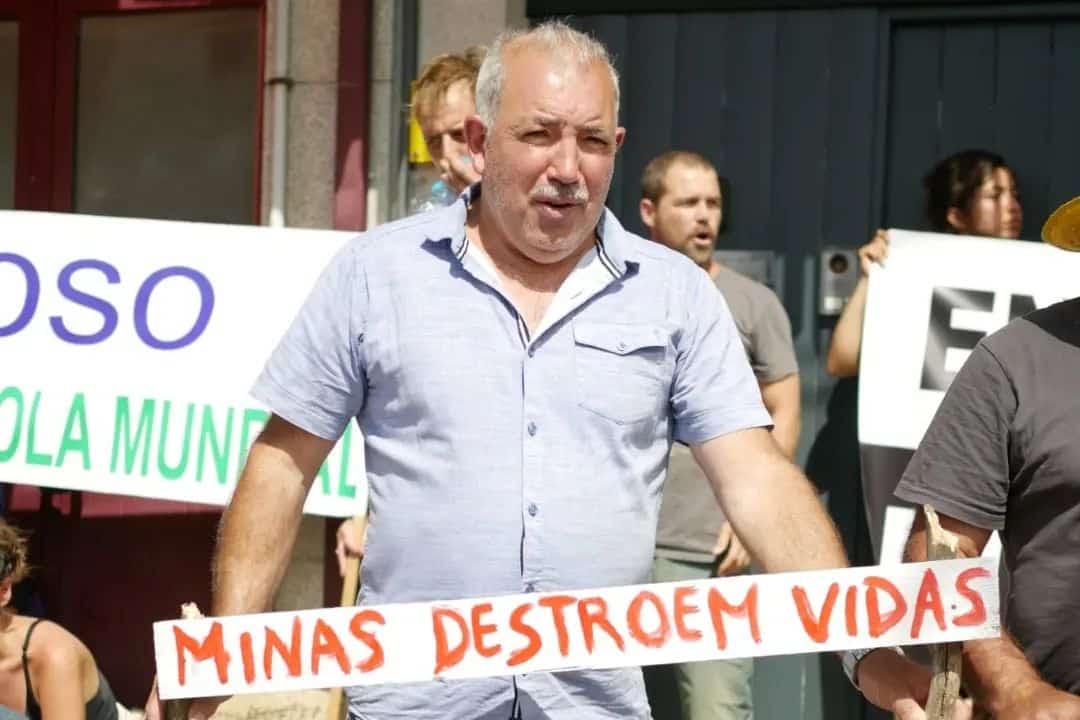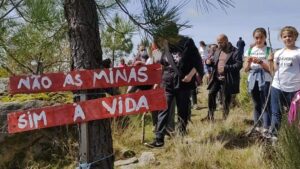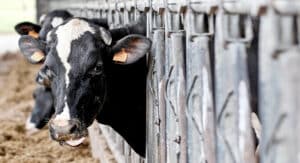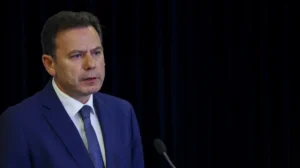Residents decry move as “abandonment of achievements” of overthrow of dictatorship
In another clear sign that Portugal’s centre-right government means to comply with Brussels ‘Critical Raw Materials’ Act to the exclusion even of civil rights, the secretary of state for energy has given the green light to Savannah Lithium to ‘invade’ common lands and private property in the villages of Boticas (Vila Real district) to carry out prospecting activities.
Locals describe the situation as “an abandonment of achievements of April 25” (the date the country expelled decades of dictatorship).
Mayor Fernando Queiroga said he received the news “like a punch in the stomach”.
But tactics like these have already been hinted at: talking some weeks ago to Expresso and referring to the desalination plant in the Algarve (which is being fiercely opposed, in some cases through the courts), minister for the environment and energy Maria de Graça Carvalho said the government has already “approved a decree-law that impedes judicial embargoes from overriding projects for the Plan for Recovery and Resilience. Otherwise it would be very difficult to stop them”.
Suffice it to say, associations Unidos em Defesa de Covas do Barroso and Povo e Natureza do Barroso are not prepared to accept this latest curved ball in their struggle to save their region – and have this morning been with MPs giving their ‘side’ of this convoluted story.
As a subsequent press statement stresses, representatives argued that the licence to grant this project was always ‘political’ overriding the environmental, social and economic impacts for Barroso.
“We took this opportunity to argue in favour of holding a broad debate on decarbonisation policies (…) As a local association, we maintain a firm commitment to the development of the region and the country, but we do not accept that flawed policies should be followed uncritically just ‘because Europe has decided so’. We need informed political decision-makers, which is not always the case, and political action that is committed to the people and territories. We do not need ‘sounding boards’ of the European Commission and the interests of the car and mining industries”.
For now, the associations are considering their options – and will announce their next course of action as soon as it has been decided.
The dispatch that pulled the carpet from everyone’s feet is one known in Portuguese law as ‘constitution of administrative servitude’. It basically acts very much like a compulsory purchase order (when the state tells a landowner it wants its land at ‘x’ price, no matter what the land may be worth on the open market). In this case, Savannah Lithium – fighting to start open-pit mining in 2027 – has been given the go-ahead to enter common lands (that locals have been defending from Savannah’s machines for well over a year), and even private properties. The intention is that Savannah has one full year to ‘realise depth soundings’ (sink holes) according to the contract for the Barroso Mine concession.
Notices of this ‘constitution of administrative servitude’ over lands have already been sent out to “all landowners affected”, the environment and energy ministry has assured Correio da Manhã – referring to the fact that the project was decided by the previous Socialist government.
But legal sources consulted by the paper insist that, by law, local opposition should be ‘allowed’: people “can legally challenge” the government’s decision, and “even ask for the paralysation of the effects of the dispatch” while a judge is assessing the challenge, says lawyer Paulo Veiga e Moura.
Such a move would imply costs (invariably high), but the associations have been fund-raising and campaigning against this plan for YEARS. They may have much of the money they need, and be able to crowdfund for the rest.
The issues in Boticas/ Covas do Barroso have always been that lithium mining will destroy rural livelihoods; the wealth in terms of UNESCO Agricultural Heritage that the area possesses and contaminate groundwater.
Right from the outset people have been against this project, and they show no signs of ‘rolling over’ and accepting this latest ruse.
Says CM: “Francisco Venes, of the Unidos em Defesa do Barroso association, promises to do everything for this (invasion) not to go forwards”.
CM has spoken with landowners who have already received letters telling them to vacate their land, to allow Savannah’s excavations, but as one said: “I have animals that graze there. If I have to give up that land, how can I look after them?”
It is another stark day in this long-running battle, with Savannah Lithium having only recently sent out a press release to say it has received a non-binding ‘Letter of Interest’ from credit agency Euler Hermes acting on behalf of the German government over the ‘potential for a guarantee on a loan of up to 270 million dollars for the Mina do Barroso project, which Savannah describes as “the largest lithium spodumene deposit in Europe”.


























